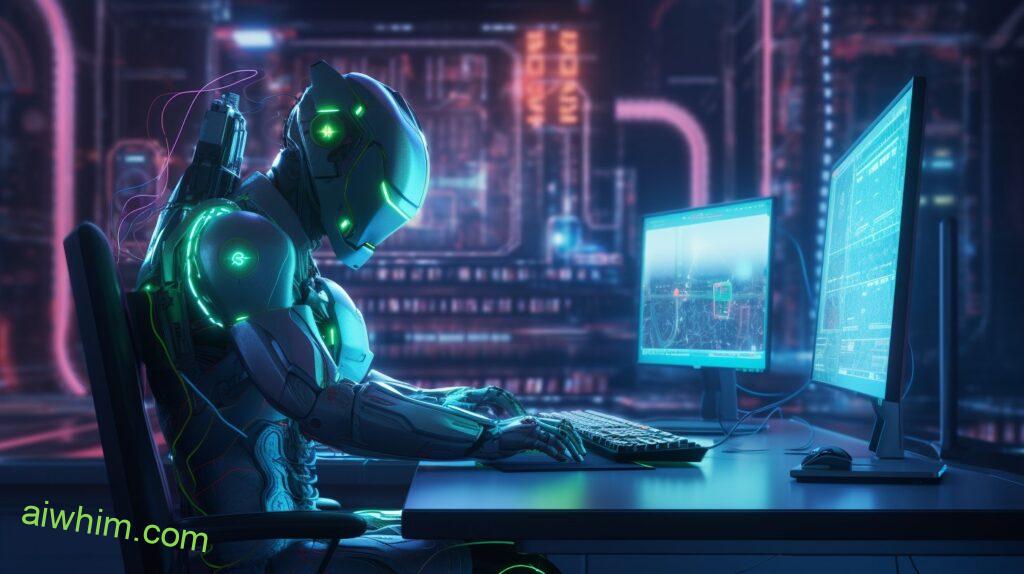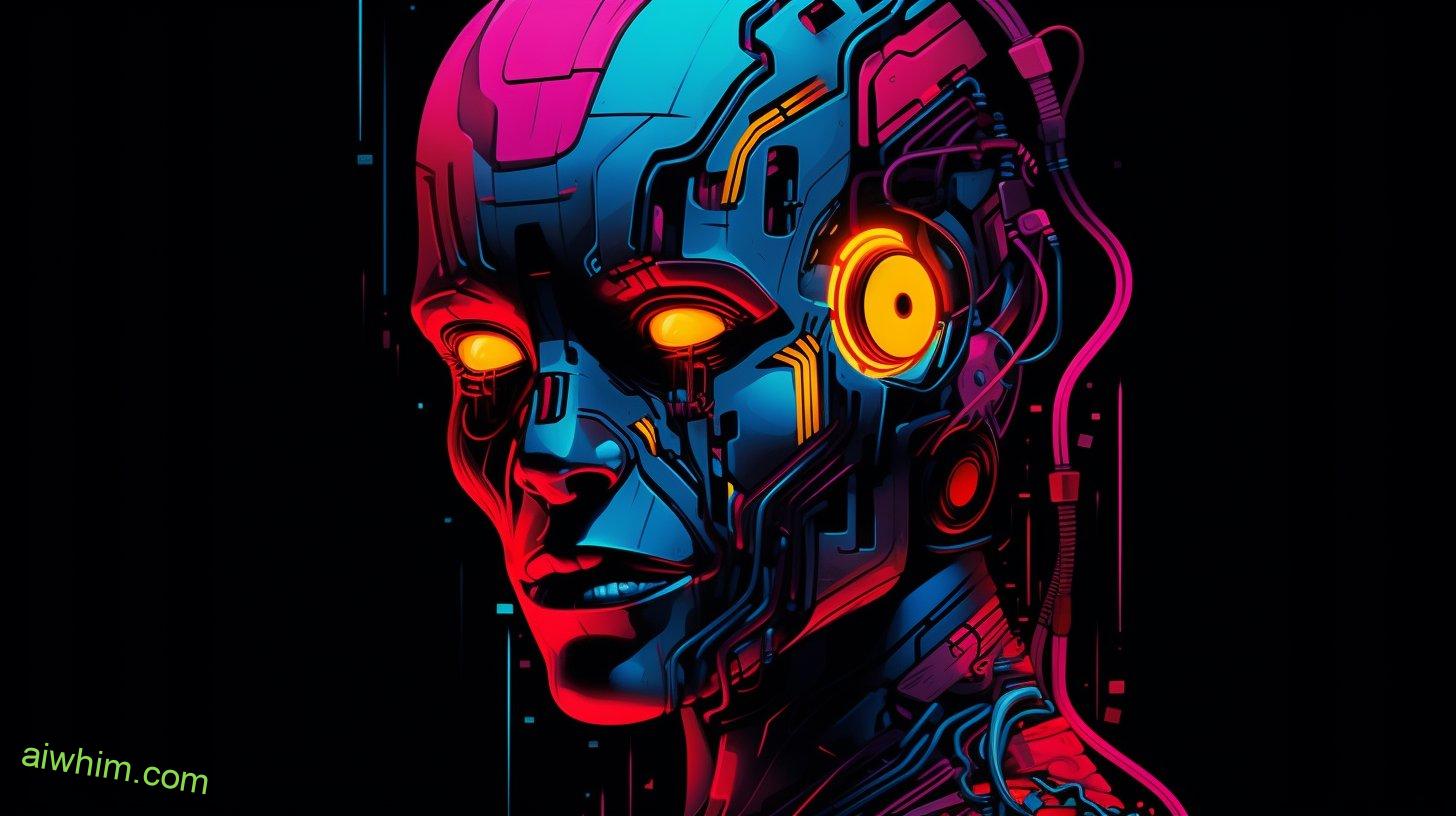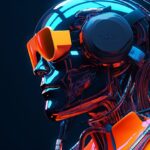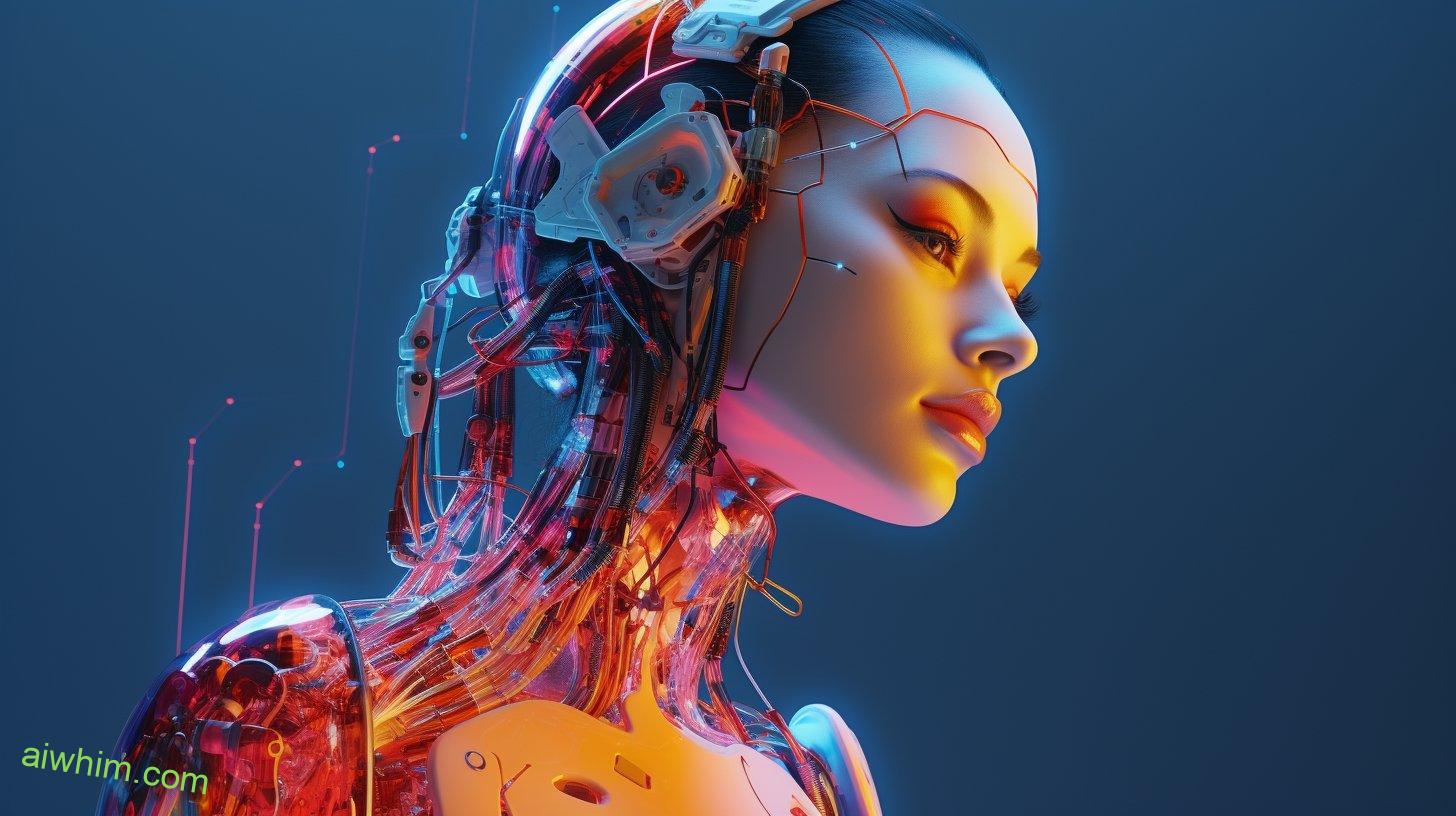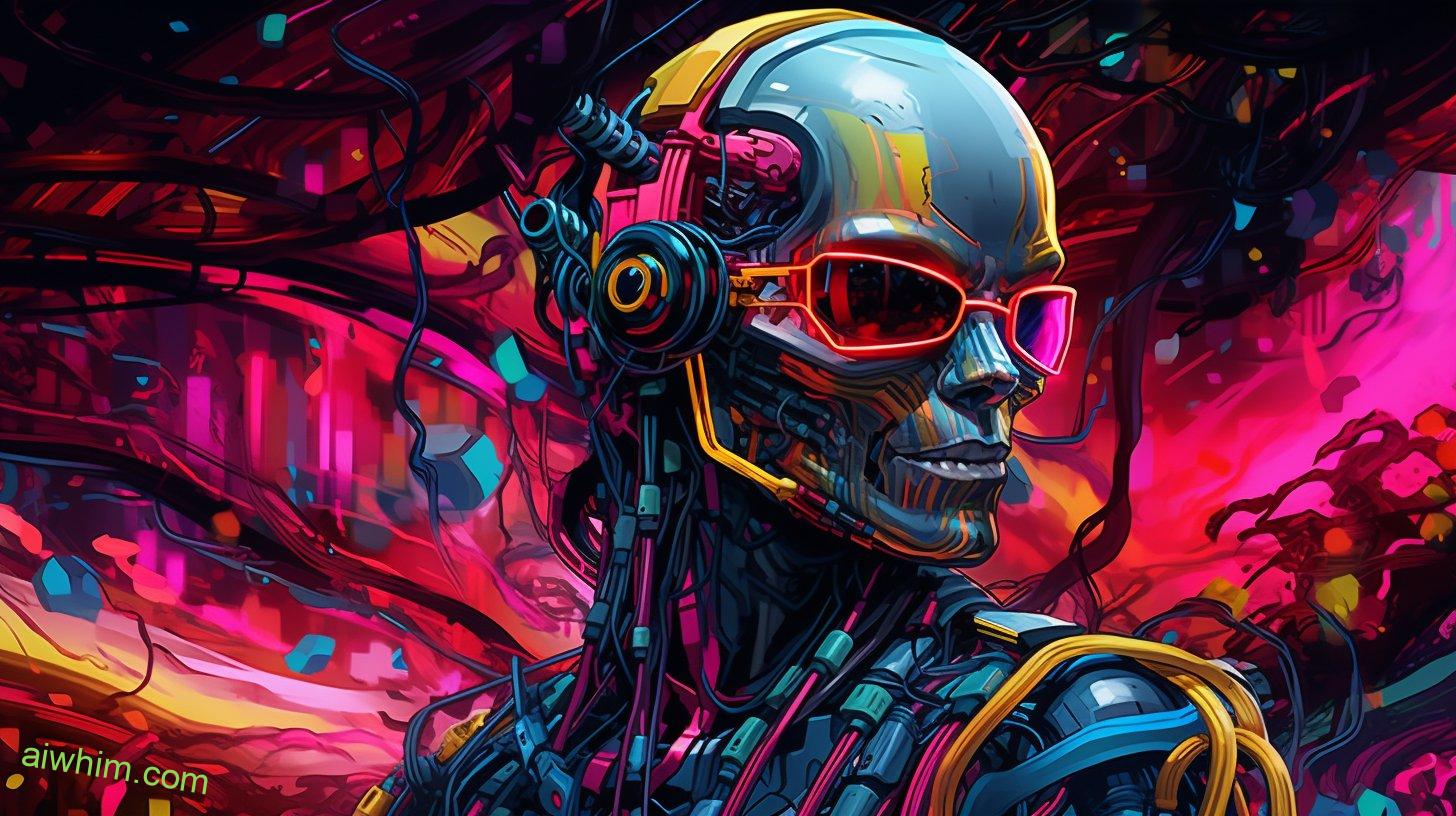Are you ready to imagine a world where AI developers are replaced by the very technology they create? Picture this: You wake up one day and find that artificial intelligence has advanced to such an extent that it can now autonomously design, develop, and improve itself.
The question arises – can AI truly replace AI developers in the future? In this article, we will explore the current state of AI development and delve into the potential impact on job markets, skillsets, and the coexistence of human creativity with AI technology.
Get ready for a thought-provoking journey into the realm of limitless possibilities.
Key Takeaways
- AI has the potential to automate repetitive tasks for developers, allowing them to focus on complex and creative aspects of their work.
- Concerns about job security and loss of human creativity arise with the potential replacement of AI developers.
- AI developers bring unique perspectives and problem-solving abilities that AI systems lack.
- The coexistence of AI and human developers can harness the full potential of AI technology while ensuring ethical considerations and continuous learning.

The Current State of AI Development
You might be wondering about the current state of AI development. Well, let me tell you, the future of AI algorithms is looking bright! AI has made significant advancements in recent years, and it continues to evolve at a rapid pace.
The impact of AI on industries is undeniable. Industries across the board are embracing AI technology to streamline processes, improve efficiency, and enhance decision-making capabilities. From healthcare to finance, manufacturing to transportation, AI is revolutionizing how we work and live. It has the potential to automate repetitive tasks, freeing up human talent for more creative and strategic endeavors.
AI algorithms are continually being refined and optimized to make them smarter and more adaptable. Machine learning techniques enable these algorithms to learn from vast amounts of data and make accurate predictions or decisions. With advancements in natural language processing and computer vision, AI systems can now understand human speech, recognize objects in images, and even generate realistic content.
As we move forward into an era driven by intelligent machines, it’s crucial to embrace the possibilities that AI brings while ensuring that human values such as freedom are protected. The future holds immense potential for further advancements in AI development that will undoubtedly reshape industries across the globe.
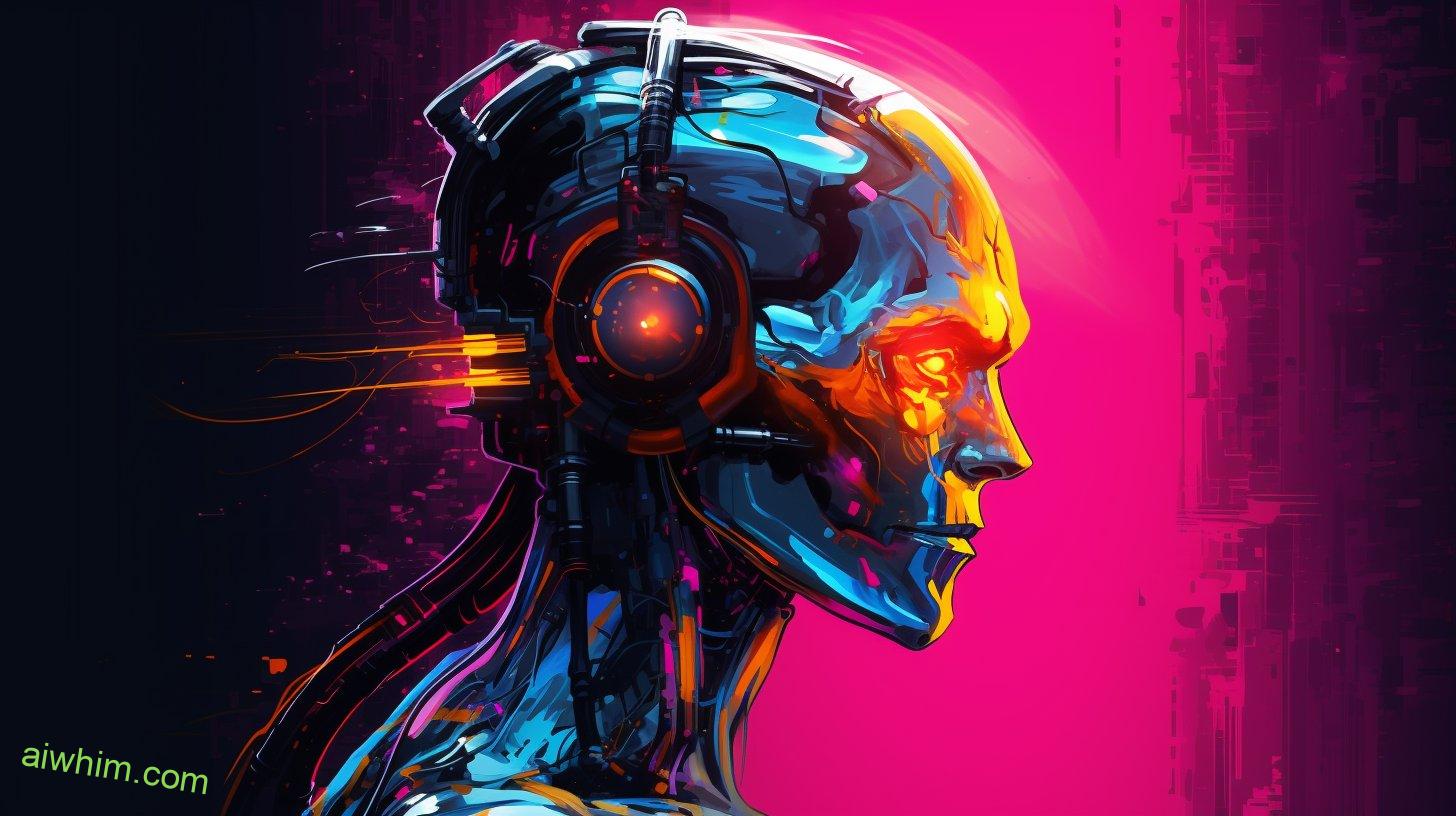
The Evolution of AI Technology
The advancements in technology have led to the rapid evolution of AI. Thanks to innovative tools and techniques such as evolutionary algorithms, neural networks, and deep learning, AI has become more powerful and capable than ever before. These breakthroughs have given rise to a new era of possibilities, where AI can assist you in various aspects of your life.
Evolutionary algorithms play a crucial role in the development of AI systems. They mimic natural selection processes to optimize solutions for complex problems. By continuously improving and refining their performance over time, these algorithms enable AI technologies to adapt and evolve dynamically.
Neural networks are another key component driving the evolution of AI. Inspired by the human brain’s structure and function, neural networks consist of interconnected artificial neurons that process information. Through training with vast amounts of data, these networks can learn patterns and make predictions or decisions without explicit programming.
Deep learning takes neural networks a step further by introducing multiple layers for more sophisticated analysis. This approach allows AI systems to extract higher-level features from raw data, enabling them to comprehend complex tasks like image recognition or natural language processing.
With this rapid evolution comes great promise for freedom-seekers like yourself. You can now leverage advanced AI technologies empowered by evolutionary algorithms, neural networks, and deep learning to enhance your productivity, automate repetitive tasks, or gain insights from big data sets—ultimately freeing up more time for what truly matters: pursuing your passions and enjoying life’s experiences.
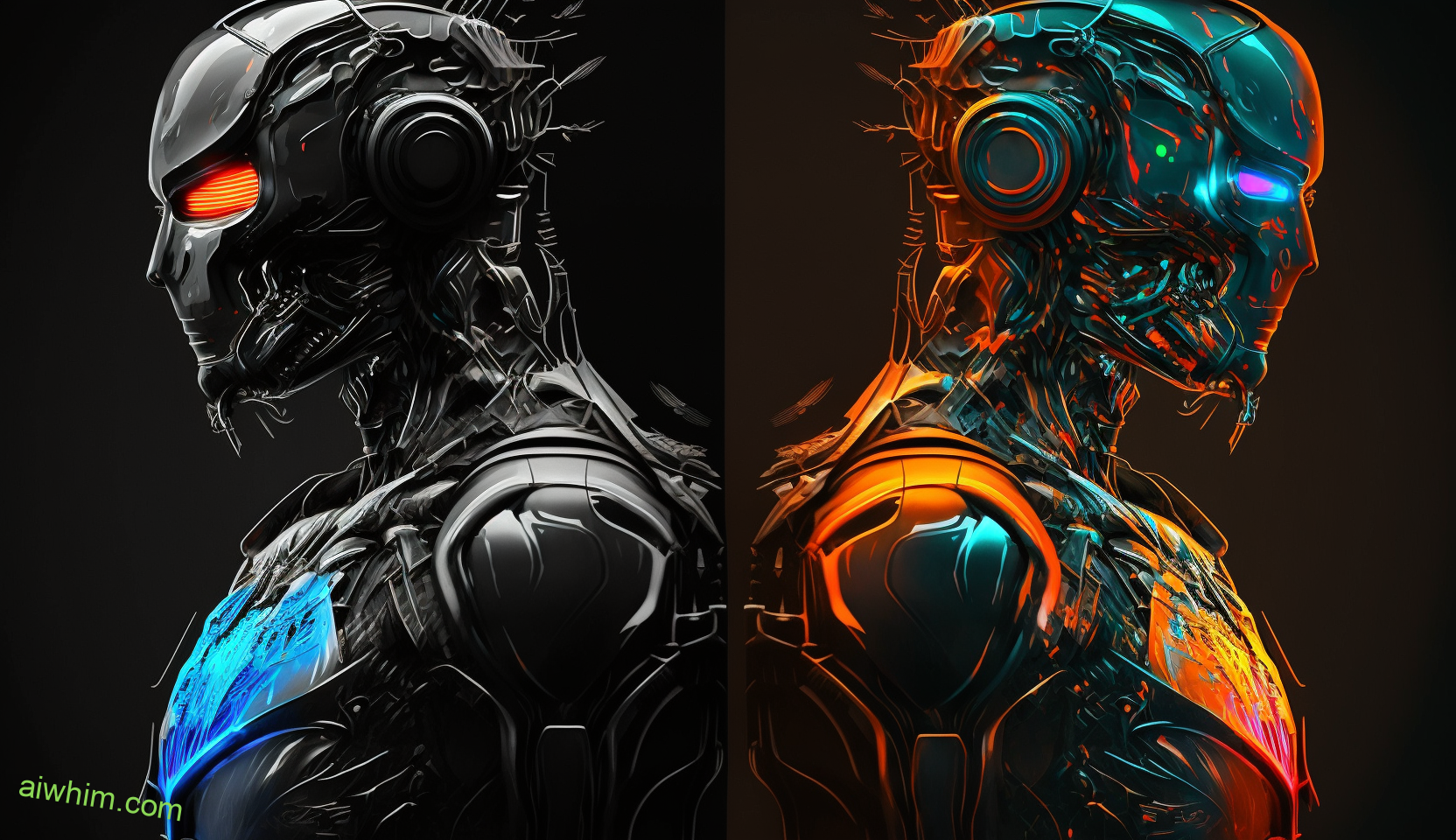
AI’s Impact on the Job Market
As technology continues to advance, the impact of AI on the job market is undeniable. The rise of artificial intelligence has led to both excitement and concern among workers worldwide. Will AI lead to job automation, leaving many without work? How will it disrupt the workforce as we know it? Let’s explore these questions together.
- Job automation: With AI becoming more sophisticated, certain tasks can now be automated. This means that repetitive and mundane jobs may soon be replaced by machines. From assembly line workers to data entry clerks, no industry is safe from this potential disruption.
- Workforce disruption: As AI takes over certain roles, it will undoubtedly cause a shift in the workforce. Some jobs may become obsolete, while new opportunities arise in fields like machine learning and AI development. It will require individuals to adapt their skills and embrace lifelong learning to stay relevant in an ever-changing job market.
- Future possibilities: While there are concerns about job displacement, AI also presents exciting prospects for innovation and growth. By automating routine tasks, humans can focus on more complex problem-solving and creative endeavors. This could lead to new industries being born and unforeseen career paths emerging.
In this era of rapid technological advancement, it’s crucial to stay informed about the potential impact of AI on the job market. Embracing change and acquiring new skills will be key to navigating this evolving landscape with freedom and success while ensuring that human ingenuity remains at the forefront of progress.
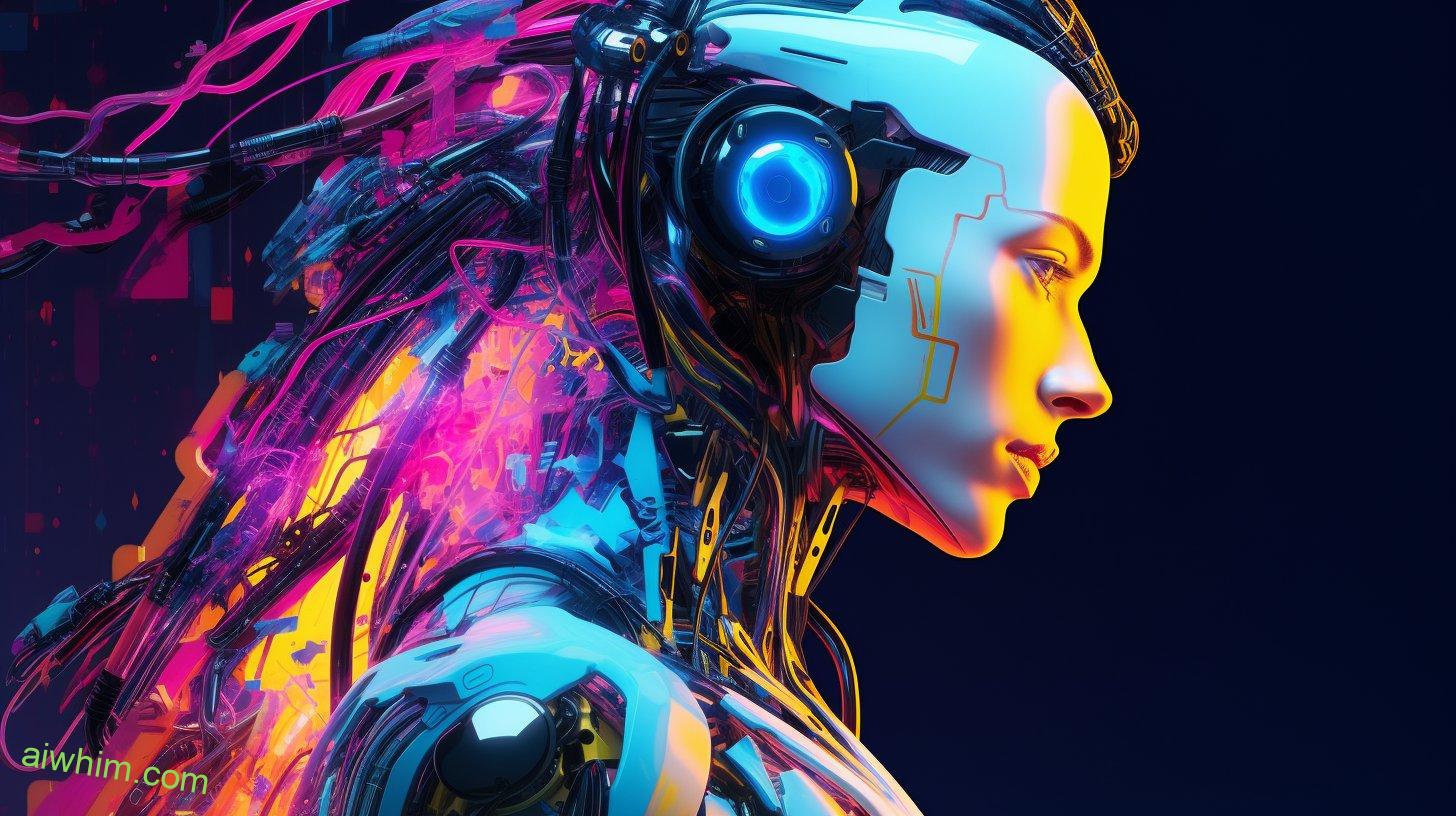
The Role of AI Developers in Today’s World
Explore the significance of AI developers in today’s world and how their expertise contributes to technological advancements and innovation.
In a world that desires freedom, the impact of AI developers on the tech industry cannot be overstated. These talented individuals possess the skills and knowledge to create groundbreaking technologies that revolutionize our lives.
AI developers are at the forefront of driving technological advancements. Their ability to design, develop, and implement artificial intelligence systems is crucial for industries ranging from healthcare to finance. With their expertise, they bring forth innovative solutions that improve efficiency, accuracy, and productivity.
The future demand for AI developers is immense. As technology continues to evolve at an unprecedented pace, there is a growing need for skilled professionals who can harness the power of AI. From creating self-driving cars to developing virtual assistants like Siri or Alexa, their contributions shape our everyday experiences.
Moreover, AI developers drive economic growth by creating new job opportunities and boosting productivity across industries. They enable companies to gain a competitive edge by leveraging cutting-edge technologies which ultimately leads to increased profitability.
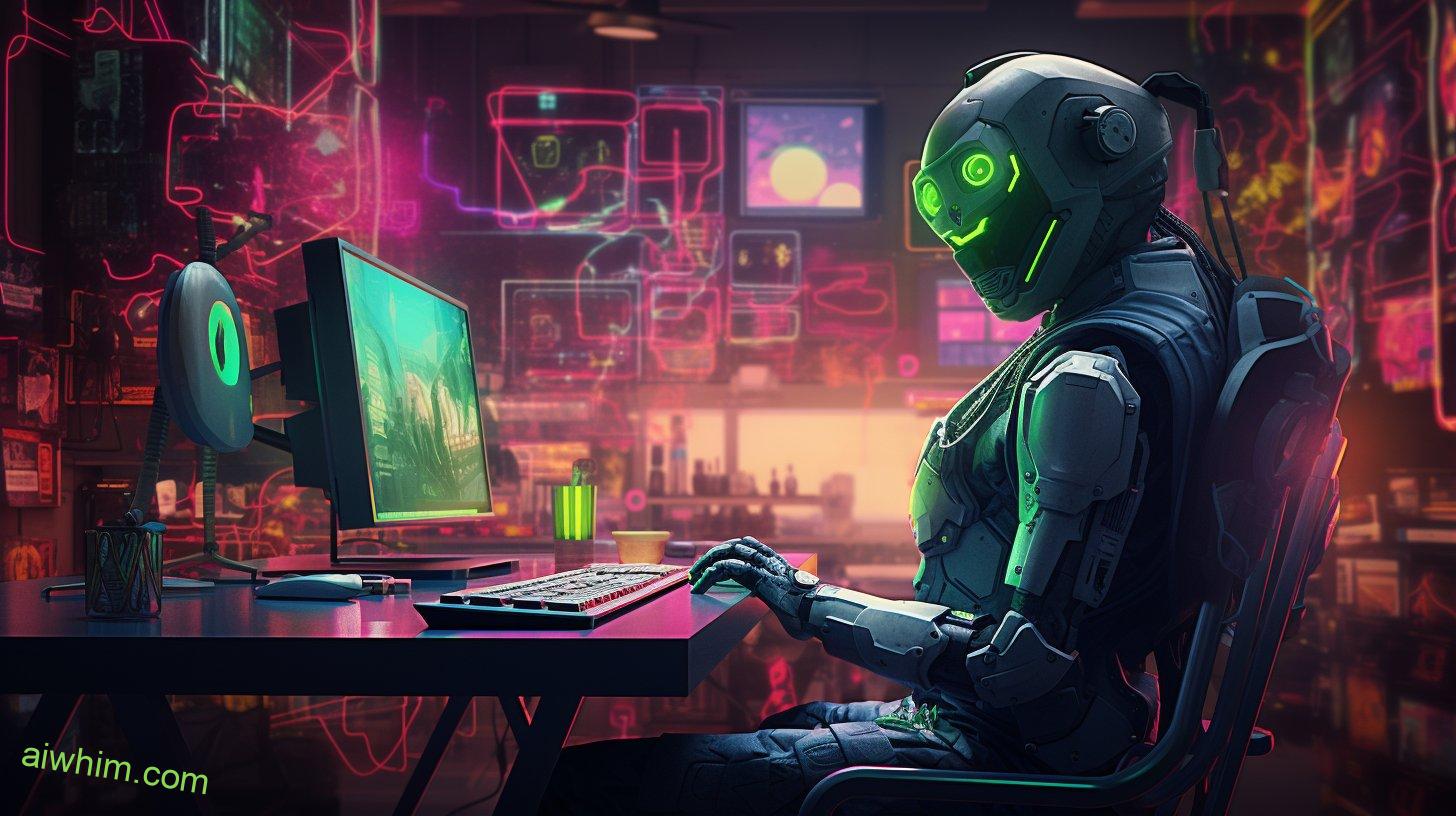
The Potential of AI to Replace AI Developers
With the rapid advancements in AI technology, it’s possible that AI could eventually take over the role of developers. This raises some ethical implications and sparks a debate about automation versus creativity.
Here are three reasons why this potential shift is both exciting and concerning:
- Increased efficiency: AI has the potential to automate repetitive tasks, allowing developers to focus on more complex and creative aspects of their work.
- Enhanced productivity: With AI taking care of mundane coding tasks, developers can dedicate their time and energy to solving complex problems and developing innovative solutions.
- Potential for bias: As AI becomes more involved in software development, there is a risk of introducing biases into algorithms or decision-making processes.
While the idea of AI taking over certain developer tasks may seem liberating, it also raises concerns about job security and the loss of human creativity in the field. Developers bring unique perspectives, problem-solving abilities, and out-of-the-box thinking that cannot be replicated by machines alone.
Ultimately, finding a balance between automation and human creativity will be crucial. It’s important to ensure that as technology progresses, we remain mindful of its impact on society while leveraging its potential benefits.
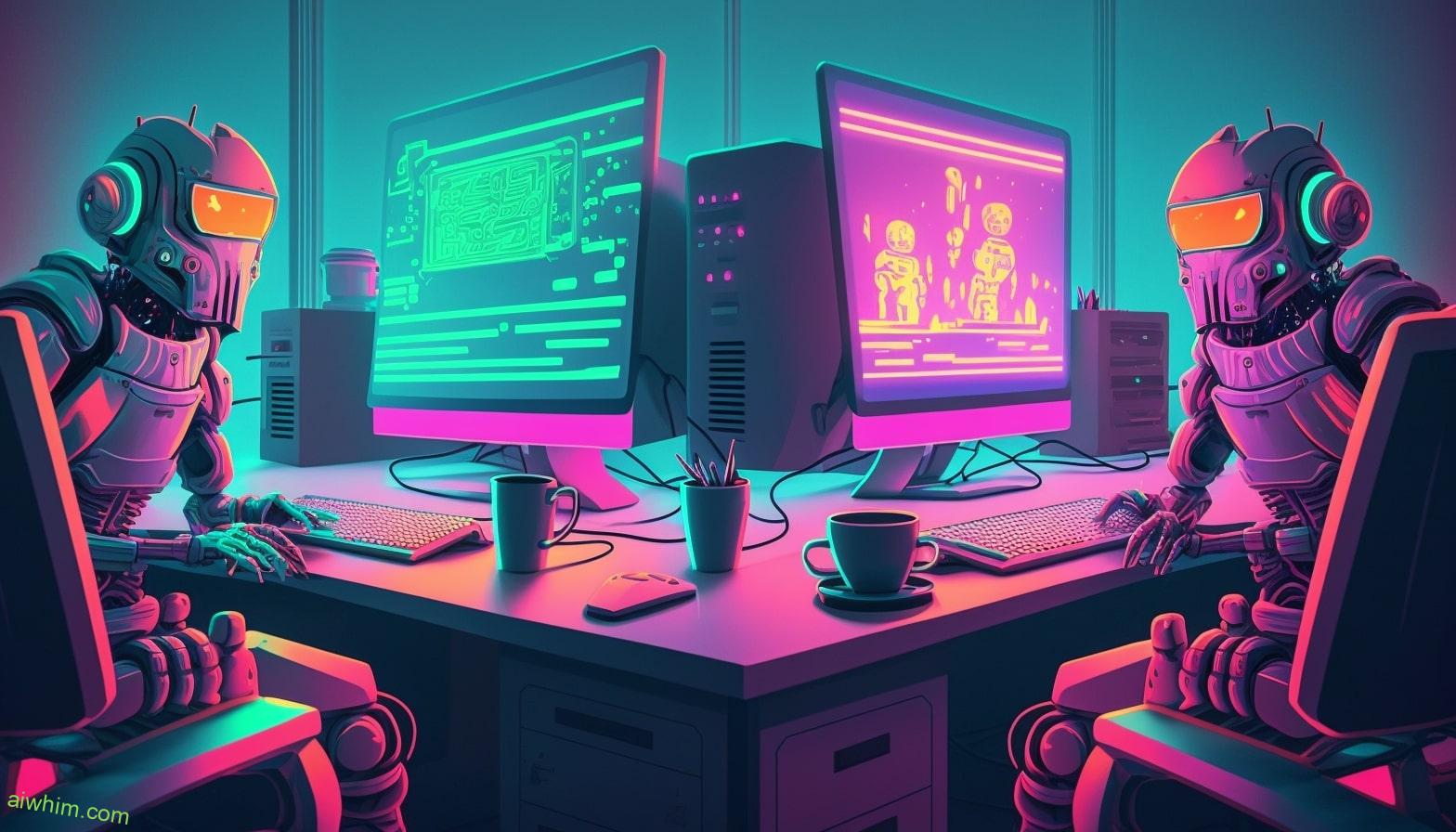
Advancements in AI Programming Languages
You’ll be amazed by the recent advancements in programming languages for AI. These new developments offer a world of possibilities and freedom for both experienced programmers and newcomers alike.
One of the advantages of these advancements is that they make it easier than ever to develop sophisticated AI systems. With user-friendly interfaces and simplified syntax, you can now write complex algorithms with minimal effort.
Another advantage is the increased efficiency these programming languages provide. They are designed specifically for AI development, optimizing performance and minimizing resource consumption. This means that your AI applications will run faster and require fewer computational resources, saving you time and money.
However, it’s important to consider the potential disadvantages as well. As programming languages become more advanced, there may be a learning curve associated with mastering them. Additionally, some developers argue that these high-level languages restrict creativity and limit fine-tuning capabilities.
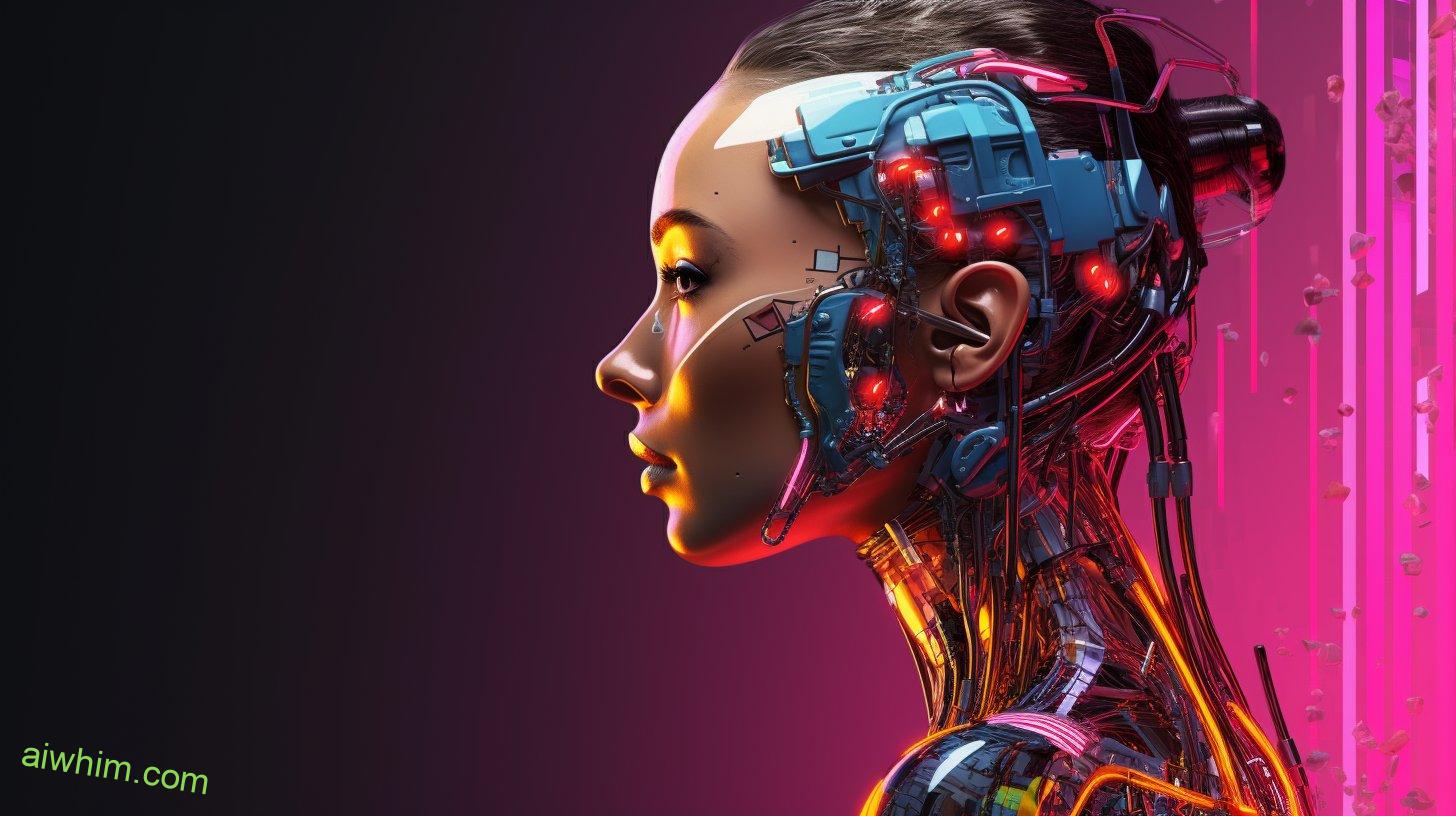
AI’s Ability to Learn and Adapt
One of the remarkable aspects of AI is its capacity to learn and adapt, enabling it to continuously improve its performance over time. This potential has opened up a world of possibilities and has given rise to countless applications that were once unimaginable. However, it is important to recognize that while AI has immense potential, it also comes with certain limitations.
- Unlimited Data Processing: AI’s ability to learn and adapt allows it to process vast amounts of data quickly and efficiently. This enables it to make informed decisions and provide valuable insights in real-time.
- Enhanced Precision: AI’s learning capabilities enable it to continually refine its algorithms, leading to increased accuracy and precision in various tasks such as image recognition, speech processing, and predictive modeling.
- Automation: By learning from large datasets, AI can automate repetitive tasks, freeing up human resources for more creative and complex endeavors. This holds the promise of increased productivity and efficiency across industries.
However, despite these advantages, there are limitations that need to be considered when harnessing the power of AI. These limitations include:
- Lack of Contextual Understanding: While AI excels at pattern recognition based on data analysis, it often lacks a deep understanding of context or the ability to interpret complex nuances accurately.
- Ethical Considerations: The development and deployment of AI systems raise ethical questions regarding privacy invasion, bias in decision-making algorithms, job displacement concerns, and potential misuse by malicious actors.
- Dependency on Data Quality: The effectiveness of an AI system heavily relies on the quality and diversity of the data used for training purposes. Biased or incomplete datasets can lead to inaccurate predictions or reinforce existing biases.
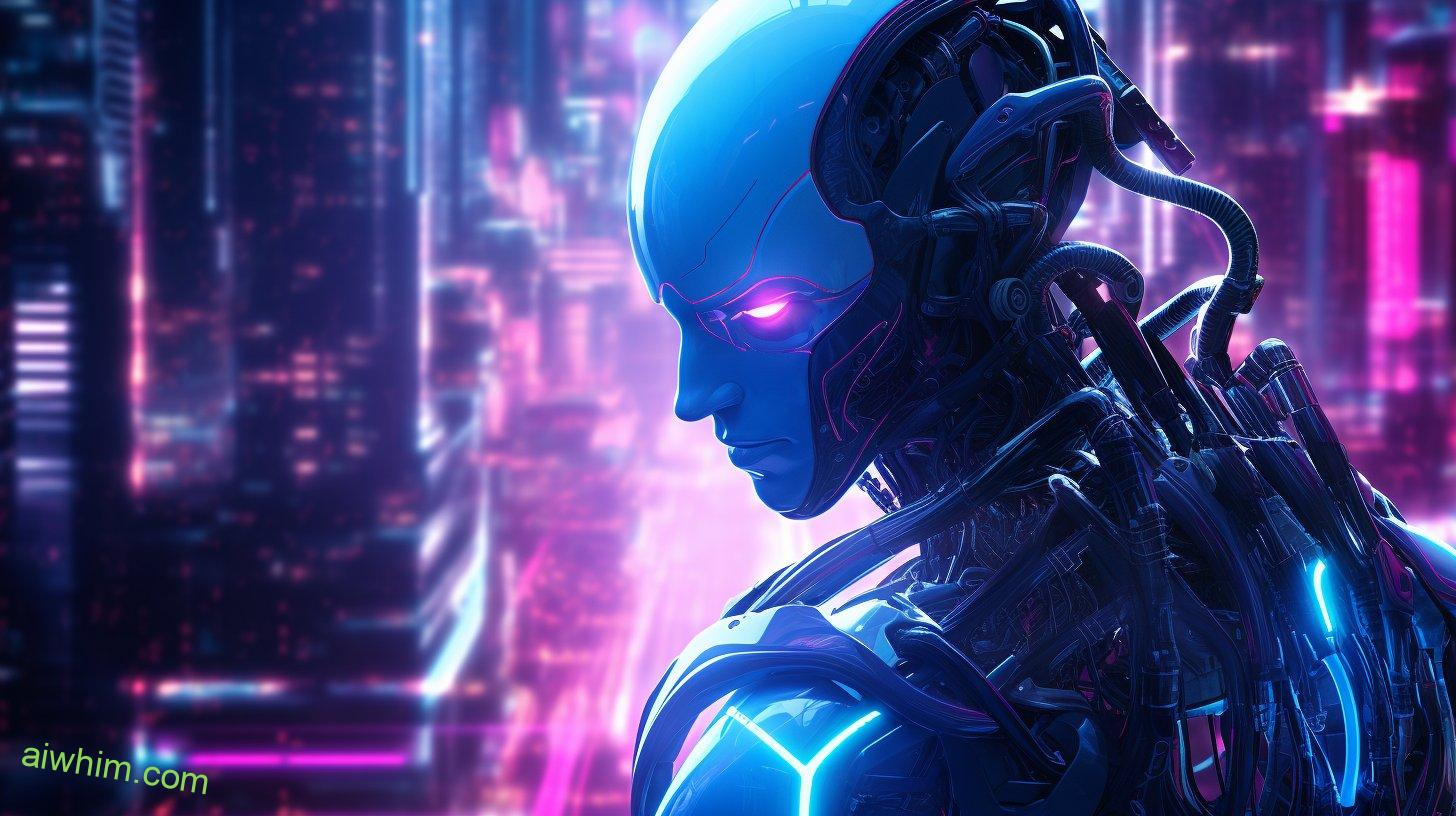
The Ethical Considerations of AI Development
Now that you understand how AI can learn and adapt, let’s explore the ethical implications and societal impact of AI development.
As an individual who values freedom, it is important for you to consider the potential consequences.
The rise of AI raises questions about privacy, security, and human autonomy. With AI becoming more advanced, there is a concern that personal information could be easily accessed and exploited. This brings up concerns about data protection and the need for robust regulations.
Furthermore, there are concerns about the societal impact of AI replacing humans in various job sectors. While automation can increase efficiency and productivity, it also leads to job loss and inequality. It is crucial to find ways to ensure a fair transition for workers affected by these changes.
Another ethical consideration relates to bias in AI algorithms. If not carefully designed and tested, AI systems can perpetuate existing biases present in society. This could lead to discriminatory practices in areas such as hiring or lending decisions.
As we continue to develop AI technology, it is essential for us as a society to navigate these ethical challenges responsibly. By addressing these concerns head-on, we can harness the power of AI while maintaining our freedom and ensuring fairness for all individuals impacted by its implementation.
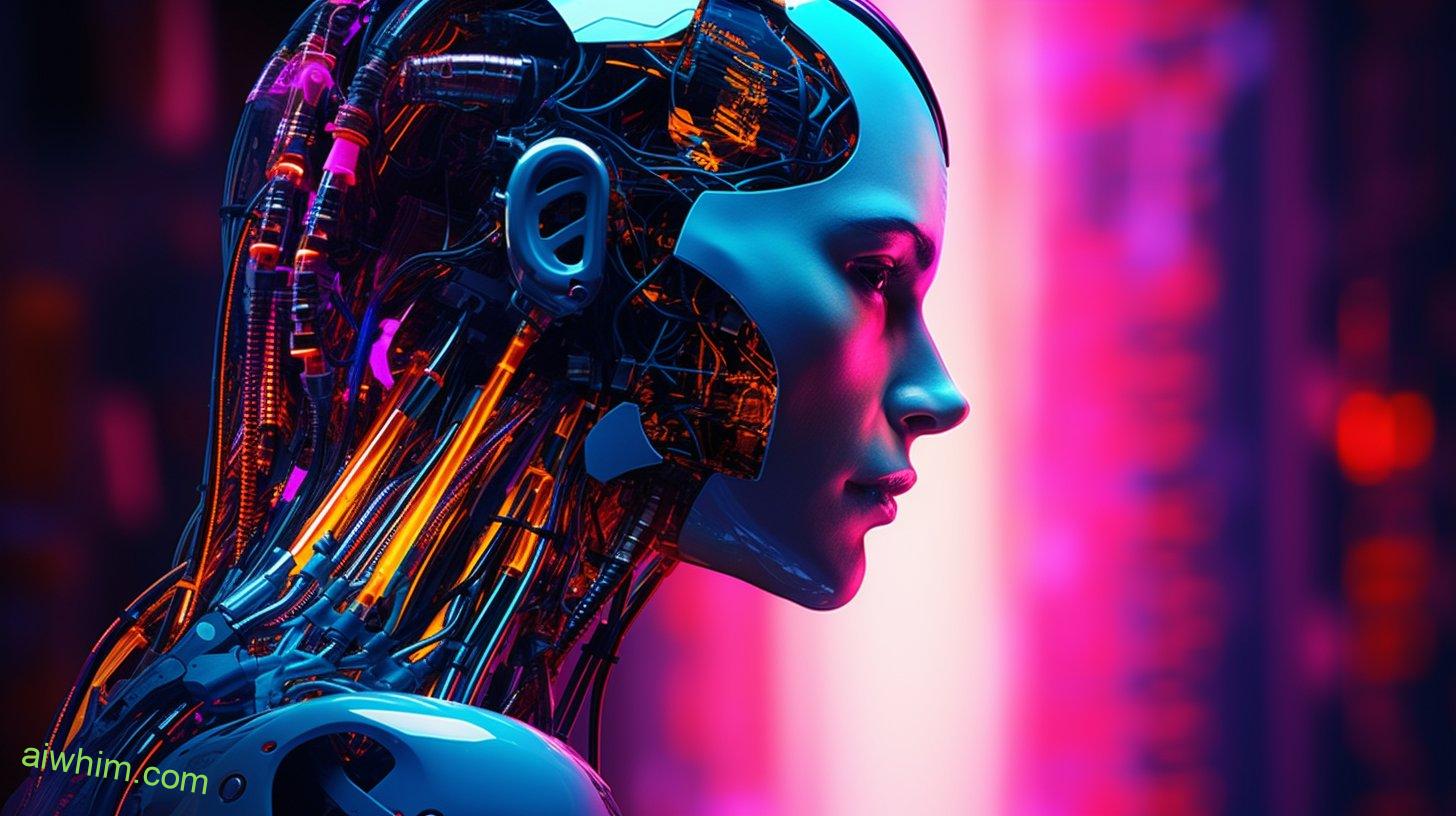
AI’s Limitations and Challenges
Despite its potential, AI still faces limitations and challenges that need to be addressed. While AI has revolutionized various industries and brought about significant advancements, it is important to acknowledge the ethical implications of its development and consider its impact on society. Here are a few key points to keep in mind:
- Bias and Discrimination: AI systems can inadvertently perpetuate biases present in the data they are trained on, leading to discriminatory outcomes. It is crucial to ensure fairness and prevent any form of discrimination when developing AI technologies.
- Transparency and Accountability: As AI becomes more complex, it is essential for developers to create systems that are transparent in their decision-making processes. Understanding how AI arrives at its conclusions allows for better accountability and prevents the misuse of this technology.
- Job Displacement: With advancements in automation, there is concern over job displacement due to AI replacing human workers. It is necessary to find ways where humans can collaborate with AI technologies rather than being replaced by them entirely.
Addressing these challenges will help shape a future where AI benefits society while upholding ethical principles. It requires careful consideration, regulation, and collaboration between developers, policymakers, and society as a whole.
Freedom lies in using the power of AI responsibly while safeguarding our values and ensuring societal well-being.
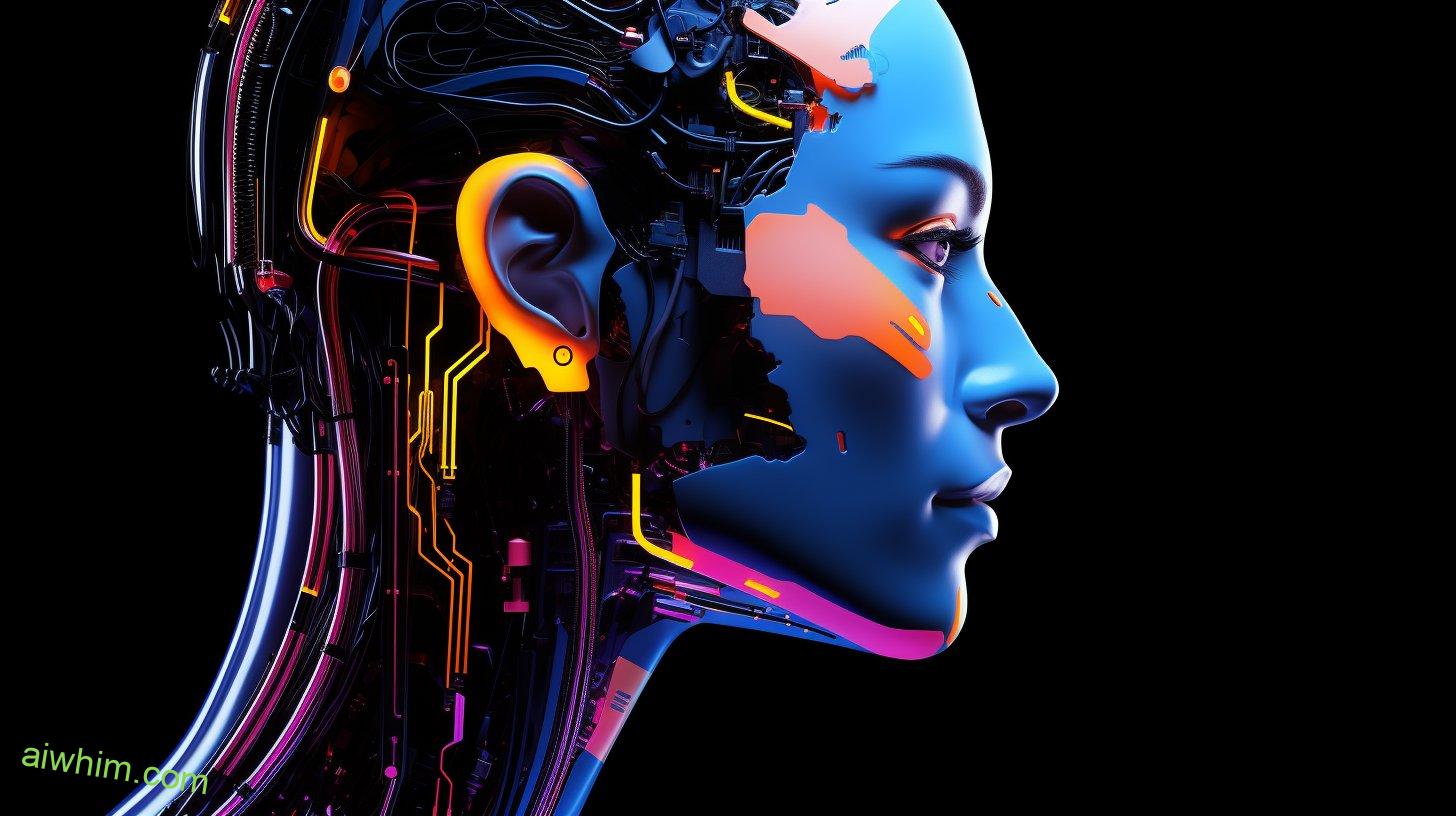
The Collaboration Between AI and Human Developers
Collaborating with human developers, AI technology can enhance productivity and improve the overall efficiency of various industries. With human AI collaboration, the possibilities are endless. By working together, humans and AI can leverage each other’s strengths to achieve remarkable results.
However, integrating AI into existing systems does come with its challenges. The first hurdle is ensuring effective communication between humans and AI. While machines excel at processing vast amounts of data quickly, they may struggle to understand context or interpret complex emotions. As a result, developers must find ways to bridge this gap by creating intuitive interfaces that allow for seamless interaction.
Another challenge lies in addressing ethical considerations when it comes to decision-making processes involving AI algorithms. Humans should always have the final say and be responsible for any decisions made based on the outputs generated by AI systems. Striking the right balance between autonomy and oversight is crucial to ensure that human values are not compromised.
Despite these challenges, embracing human AI collaboration holds immense potential for improving productivity and efficiency across industries. By leveraging the unique capabilities of both humans and AI technology, we can pave the way for a future where freedom and progress go hand in hand.
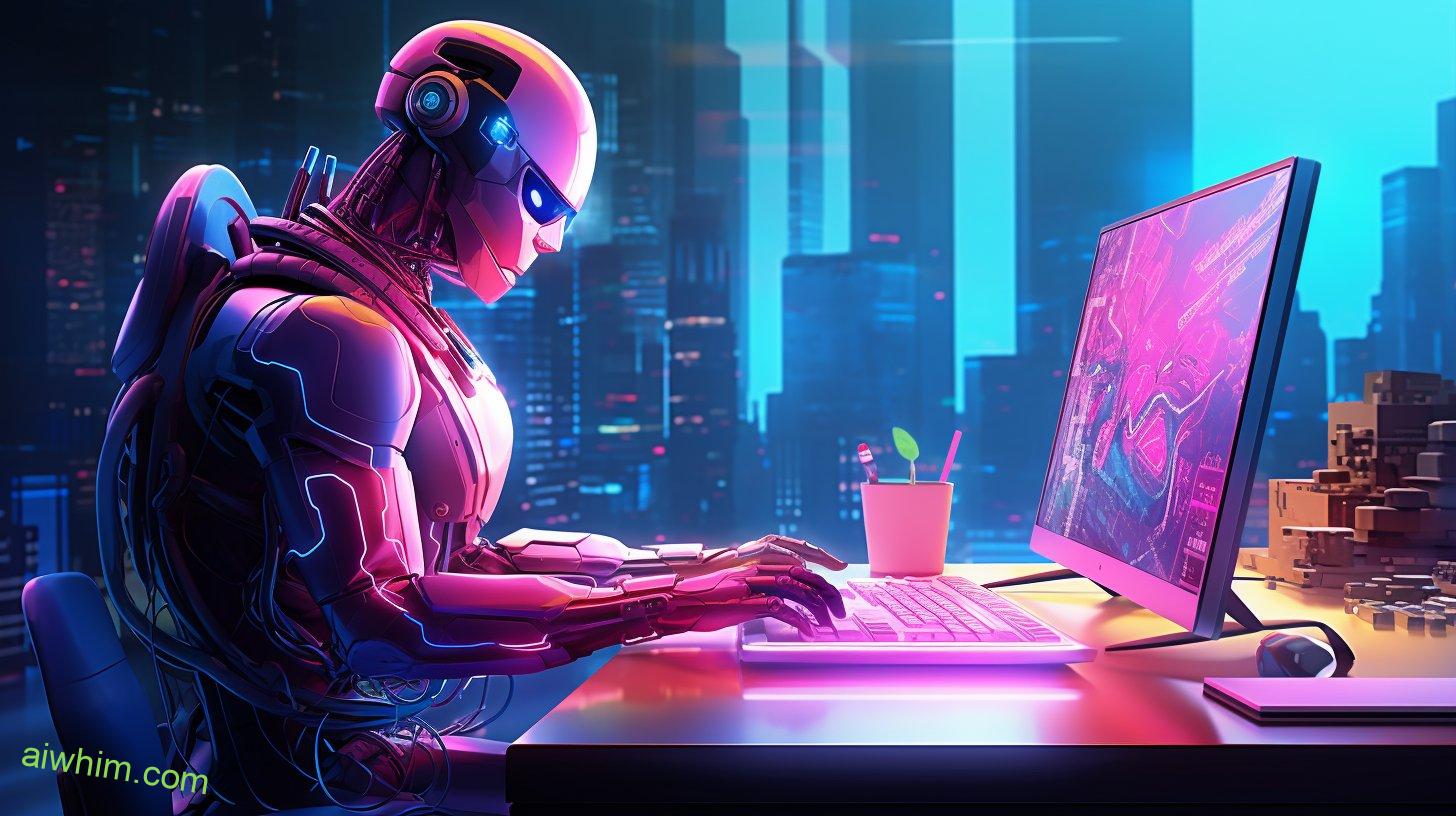
The Future of Skillsets in AI Development
You can enhance your skillset in AI development to stay relevant and thrive in the evolving technological landscape. As the field of AI continues to advance, it is crucial to keep up with the necessary skillsets that will ensure future job prospects.
Here are three key areas you should focus on:
- Machine learning: Understanding machine learning algorithms and techniques will be essential as AI becomes more prevalent in various industries. Being able to develop and implement these algorithms will give you a competitive edge.
- Data analysis: With the increasing amount of data available, being able to analyze and interpret it effectively is crucial for AI developers. Skills in data mining, data visualization, and statistical analysis will be highly sought after.
- Ethics and privacy: As AI technology progresses, ethical considerations become increasingly important. Having a strong understanding of ethics surrounding AI development and knowledge of privacy regulations will make you an asset in this field.
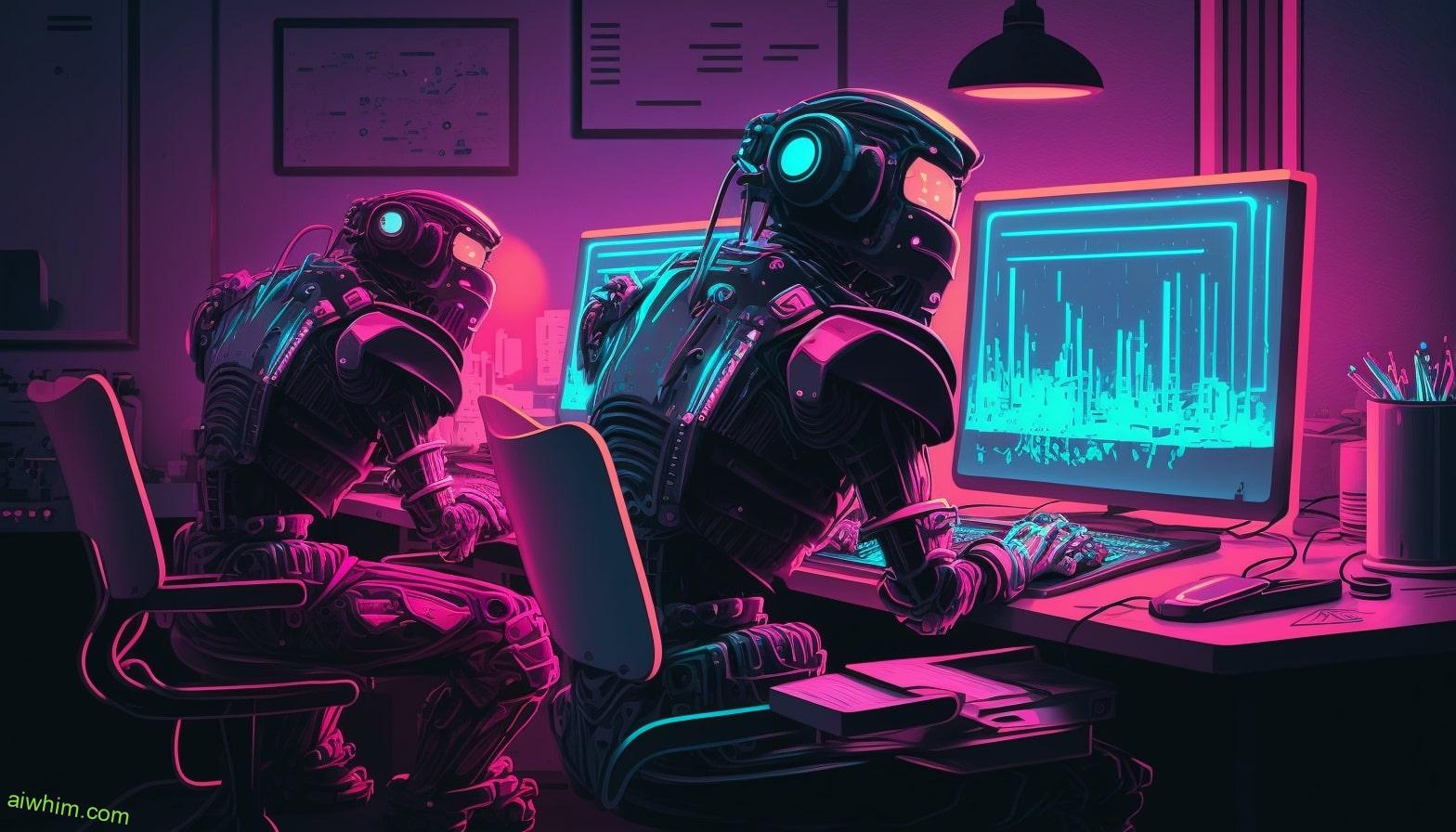
The Importance of Human Creativity in AI Development
Embracing the significance of human creativity is essential in the development of AI. As someone who values freedom, you understand that human intuition and innovative solutions are what set us apart from machines.
While AI has made significant advancements, it still lacks the innate ability to think creatively and come up with original ideas.
Human intuition plays a crucial role in AI development. It allows us to make decisions based on our experiences, emotions, and instincts. These intangible qualities cannot be replicated by algorithms or codes alone. By incorporating human intuition into AI systems, we can create more adaptable and intelligent machines that can better understand complex problems.
Innovative solutions are another aspect of human creativity that cannot be overlooked in AI development. Our ability to think outside the box and find unique solutions is what drives progress. Machines may be able to process large amounts of data quickly, but they lack the capacity for creative problem-solving. By combining human ingenuity with AI technology, we can achieve breakthroughs that were once thought impossible.
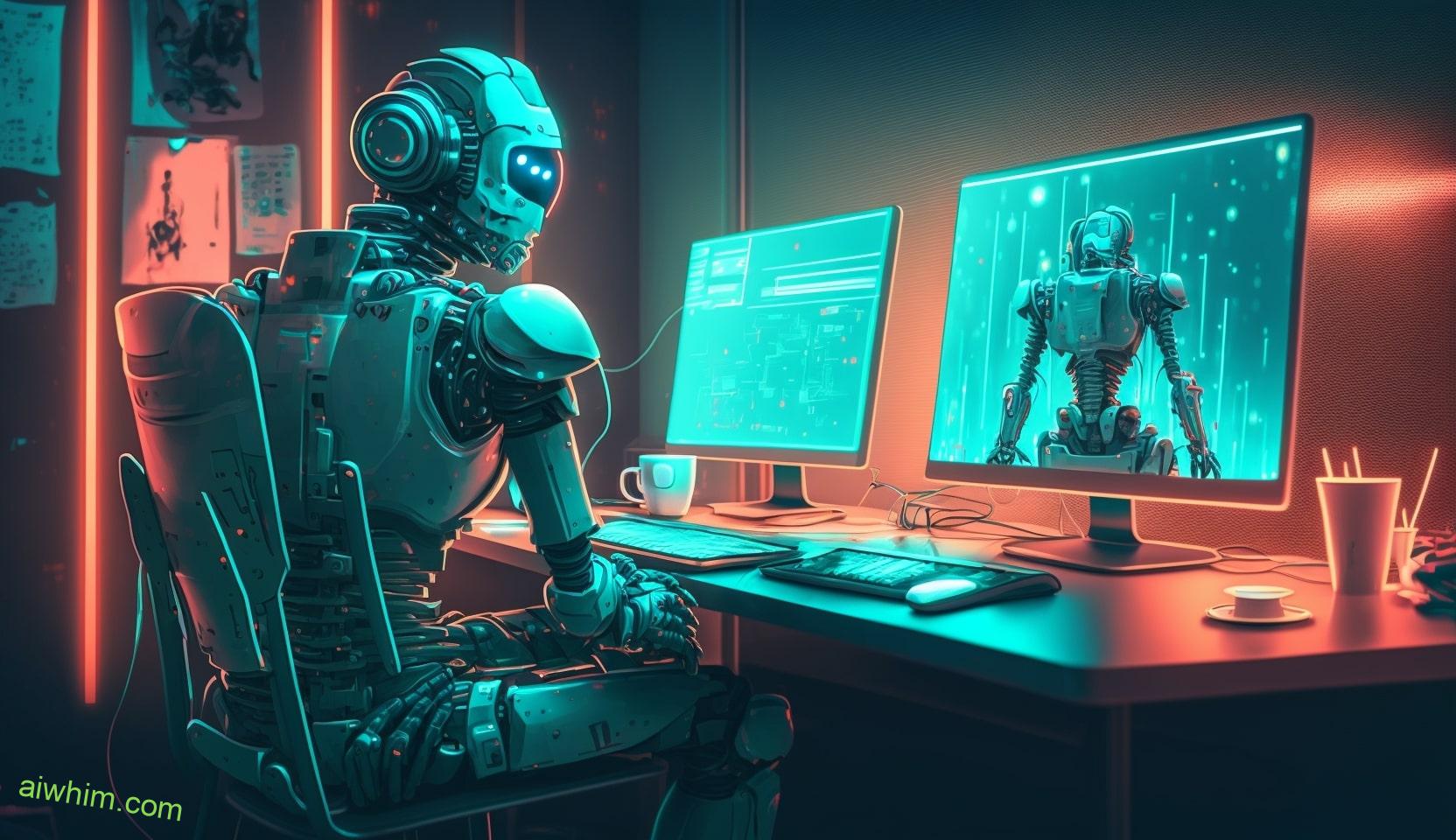
The Coexistence of AI and Human Developers
Now that we have established the importance of human creativity in AI development, let’s explore how AI and human developers can coexist in a cooperative partnership. In this shared responsibility, both parties play vital roles in shaping the future of AI.
- Complementing each other: While AI has the ability to process vast amounts of data and perform repetitive tasks with precision, human developers bring their unique creativity and problem-solving skills to the table. By working together, they can achieve greater results than either could on their own.
- Ethics and decision-making: Human developers have an essential role in ensuring ethical considerations are taken into account when designing AI systems. They can provide oversight and make sure that AI algorithms are fair, unbiased, and align with societal values.
- Continuous learning: As technology evolves rapidly, there will always be a need for human developers to adapt and learn new skills. By staying updated on the latest advancements in AI, they can guide its development responsibly and push the boundaries of what is possible.
Through this cooperative partnership and shared responsibilities between humans and AI systems, we can harness the full potential of artificial intelligence while preserving our freedom to innovate and shape its trajectory.
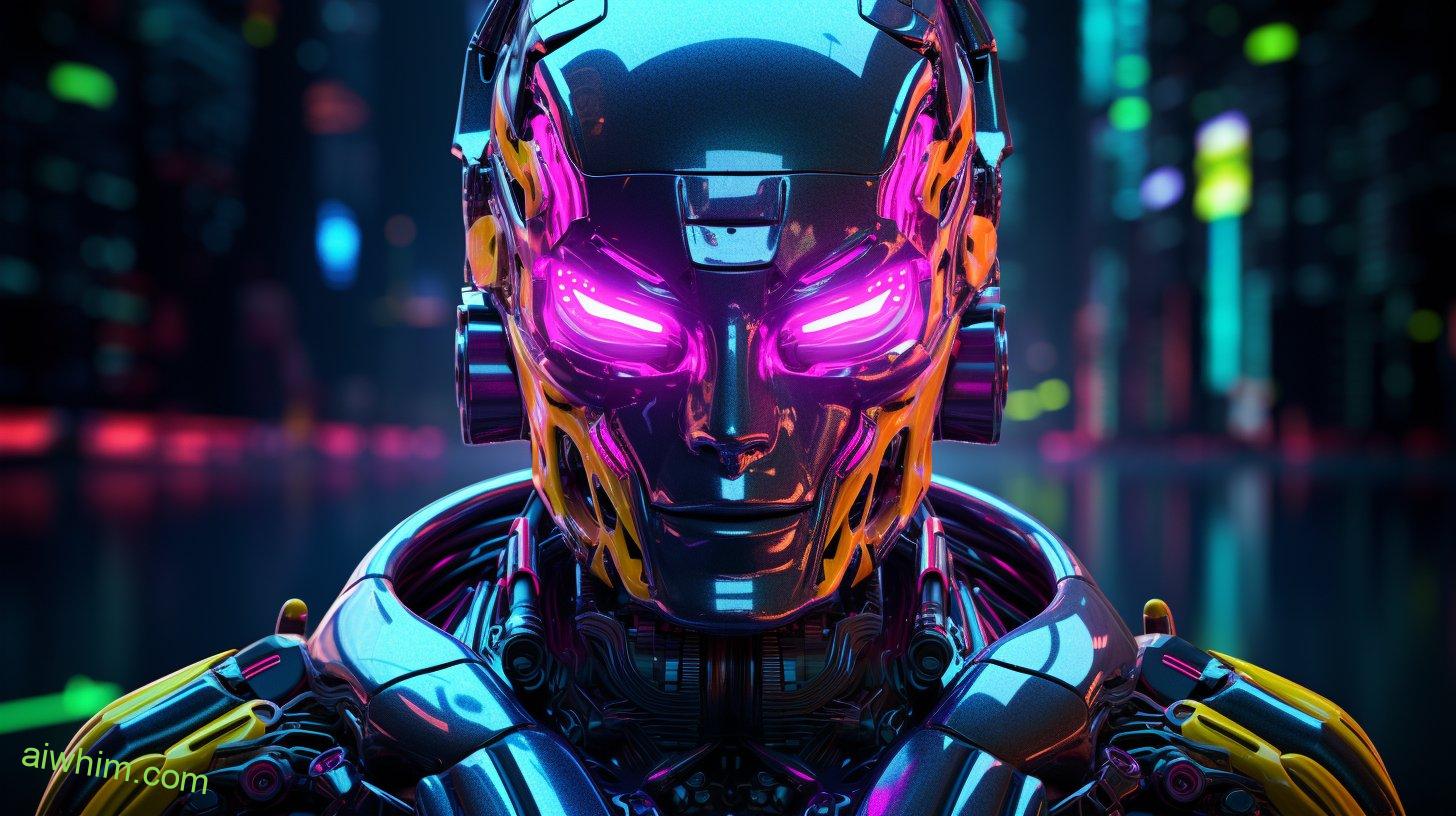
Frequently Asked Questions
What Are the Current Challenges Faced by AI Developers in Today’s World?
In today’s world, AI developers face current limitations and emerging trends. You encounter challenges such as staying updated with evolving technology and finding innovative ways to solve complex problems.
How Do Advancements in AI Programming Languages Contribute to the Development of AI Technology?
Advancements in AI programming languages are revolutionizing the development of AI technology. You’ll be amazed at how these advancements enable faster prototyping, better optimization, and more efficient algorithms. It’s a game-changer for AI developers like you!
What Are the Ethical Considerations That Need to Be Taken Into Account in AI Development?
When it comes to AI development, ethical considerations play a crucial role. AI developers must navigate issues like privacy, bias, and accountability to ensure that the technology is used responsibly and respects individual freedoms.
How Does AI’s Ability to Learn and Adapt Impact Its Potential to Replace AI Developers?
You, the seeker of freedom, ponder how AI’s relentless ability to learn and adapt could shape the future. Could it be that this very power holds the potential to replace even the most skilled AI developers?
How Does the Coexistence of AI and Human Developers Influence the Future of Skillsets in AI Development?
The coexistence of AI and human developers shapes the future of skillsets in AI development. It impacts education and future job prospects, offering opportunities for growth and collaboration in an ever-evolving field.
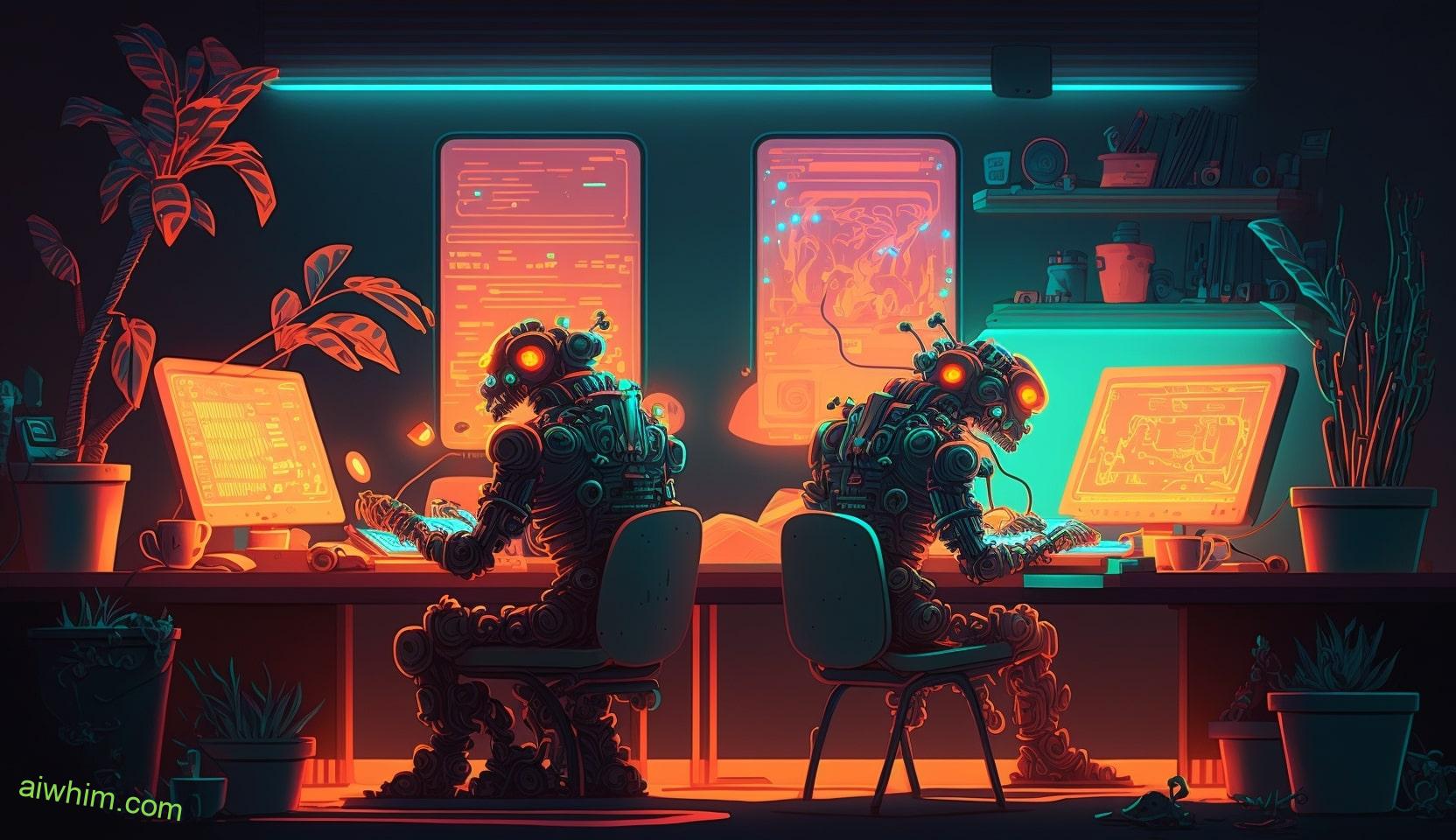
Conclusion
So, there you have it – the question of whether AI can replace AI developers in the future.
It’s quite ironic, isn’t it? The very technology that AI developers are working on may one day render their own jobs obsolete.
But fear not, for while AI has immense potential, it still relies on human creativity and collaboration to thrive.
So, even if AI becomes more advanced, rest assured that human developers will always have a place in shaping the future of this rapidly evolving field.

